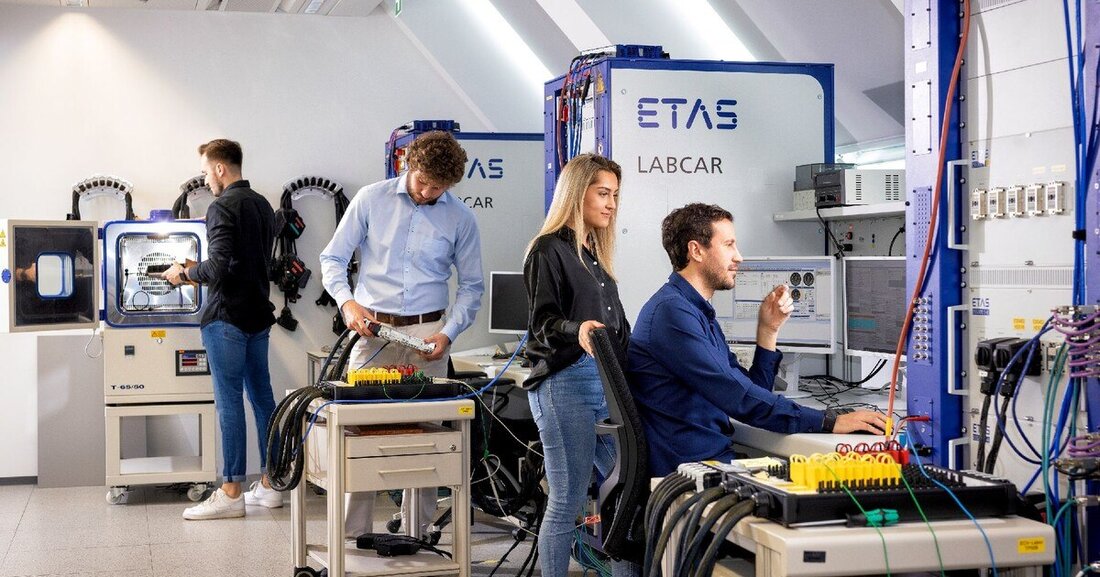Driving assistants welcome on board
The latest Bosch mobility study shows that driving assistants and semi-autonomous systems are predominantly viewed positively.

Driving assistants welcome on board
The future of mobility in Austria will be significantly shaped by driving assistance and safety systems as well as automated driving. A representative study, carried out by the Austrian Institute of Technology (AIT) on behalf of Robert Bosch AG, provides insights into the wishes and requirements of the Austrian population with regard to their mobility. Conclusion: 90 percent of 18 to 24 year olds in Austria see clear advantages in vehicle networking. These are primarily experienced in increased safety through communication between the various assistance systems, smoother traffic and greater time savings, for example by avoiding traffic jams. Men tend to be more open to networking than women. People over 55 see significantly fewer advantages in networking than younger people between 18 and 24 years.
Of those surveyed, 68 percent would use semi-autonomous driving if it were available and affordable. Willingness also depends heavily on the form of autonomy. 50 percent of the survey participants stated that they wanted to use autonomous driving in traffic jams, for getting in and out of parking spaces and for finding a parking space. The main concerns about autonomous driving are the reliability and reliability of the system as well as the fear of loss of control. However, the majority agree that innovative technologies can make a positive contribution in terms of traffic safety (72 percent), personal comfort (67 percent) and climate protection (59 percent).
For the future, those surveyed would primarily like to increase the incentives to use public transport - for example with cheaper tickets, better intervals and better connections to rural areas. The desire for affordable and innovative forms of drive and more safety in traffic is also increasingly being expressed. A lower impact on the environment from traffic, increased and stricter traffic controls and smoother traffic are also mentioned as concerns for the future. The potential and possibilities of innovative transport technologies correspond well with the needs of those surveyed for more safety, time savings, comfort and environmental protection.
After walking, the car is the main means of transport. Two thirds of those surveyed use it several times a day to several times a week. Public transport is used at least several times a week by a third of those surveyed. 50 percent of people use the car to get to work. A quarter of those surveyed travel to work on foot or by public transport. Shopping is usually done by car (67 percent) or directly on foot. Many people switch to bicycles or public transport for leisure activities and activities. For trips on vacation, the car dominates as the preferred means of transport.
“The study shows: People in Austria want innovative technologies to improve traffic safety, comfort and climate protection in mobility,” says Helmut Weinwurm, CEO of Robert Bosch AG and representative of the Bosch Group in Austria. “Bosch operates international competence centers in Austria for the development of future-oriented mobility solutions and implements innovative mobility projects.” This includes software and hardware development for all types of drive, networked mobility solutions, electrical/electronic architectures in modern vehicles as well as so-called “SoC” (Systems on Chip) for automotive radar systems, which are also important for (partially) autonomous driving. "Austria has established itself as an important development location within the Bosch Group. Almost half of the approximately 3,300 Bosch employees in Austria work in the engineering sector."

 Suche
Suche
 Mein Konto
Mein Konto